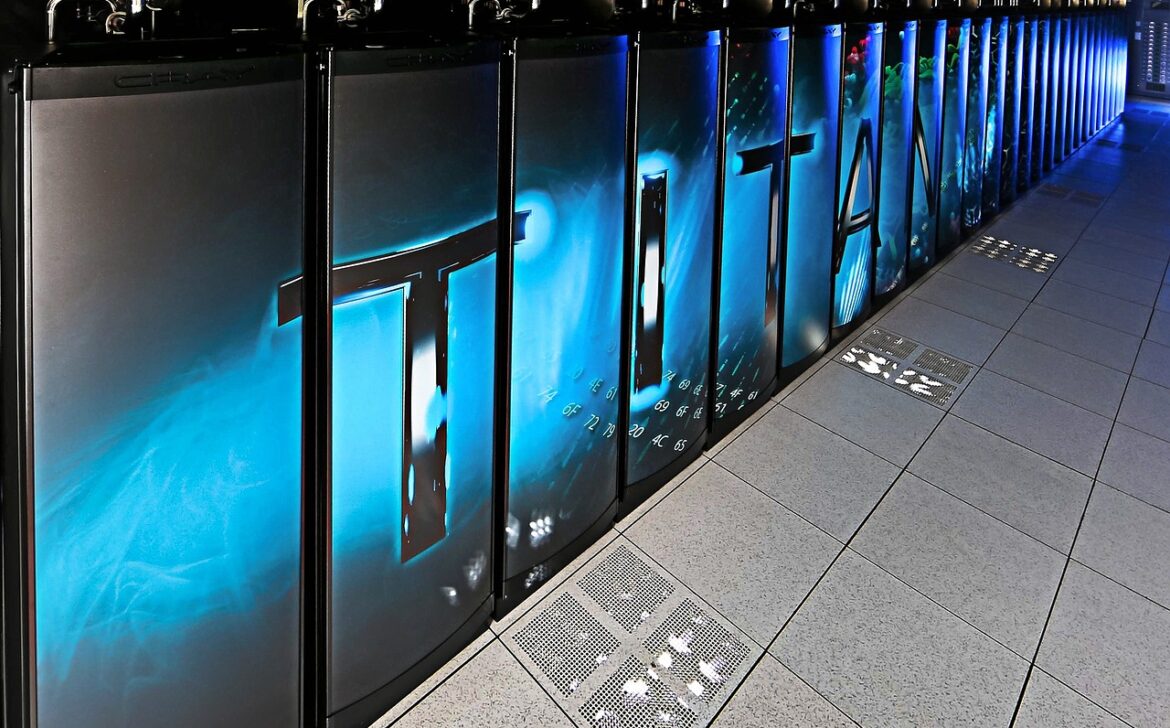Power of Supercomputers: Exploring the Marvels of High-Performance Computing

In the world of technology, where innovation knows no bounds, one class of machines stands out for its unparalleled computational might: supercomputers. These behemoths of processing power are at the forefront of scientific discovery, engineering breakthroughs, and transformative advancements across various industries. In this blog post, we’ll delve into the world of supercomputers, understanding their capabilities, applications, and their role in shaping the future.
Defining Supercomputers: Beyond Ordinary Computing
Supercomputers are a class of computers designed to handle complex and resource-intensive tasks that standard computers struggle to execute efficiently. Their defining characteristic is their remarkable computational capacity, enabling them to process massive amounts of data and perform intricate calculations at speeds unimaginable to conventional machines.
Unleashing Unparalleled Computational Power
At the heart of a supercomputer’s power lies its ability to execute a large number of calculations per second, measured in floating-point operations per second (FLOPS). The raw processing power of a supercomputer is harnessed to solve complex problems, simulate real-world scenarios, and analyze data on an unprecedented scale.
Applications Across Industries
Supercomputers find applications in a wide range of fields, each benefiting from their immense computational prowess:
- Scientific Research: Supercomputers are instrumental in scientific breakthroughs, simulating everything from the behavior of subatomic particles to the dynamics of climate change. They accelerate research in fields such as astrophysics, genetics, and material science.
- Weather Forecasting: By simulating atmospheric conditions and complex weather patterns, supercomputers enhance the accuracy of weather predictions, aiding disaster preparedness and resource allocation.
- Drug Discovery: In the realm of healthcare, supercomputers accelerate the process of drug discovery by simulating molecular interactions, predicting drug efficacy, and screening potential compounds.
- Aerospace and Engineering: Engineers rely on supercomputers to simulate and optimize the design of aircraft, vehicles, and structures. This leads to improved performance, reduced costs, and enhanced safety.
- Financial Modeling: Supercomputers enable high-frequency trading, risk analysis, and complex financial modeling, contributing to more informed decision-making in the finance sector.
- Energy Research: Advancements in renewable energy, nuclear fusion, and battery technology owe much to supercomputers, which model complex energy systems and optimize their efficiency.
Challenges and Innovations
While supercomputers wield immense power, they also face challenges:
- Energy Consumption: Running supercomputers demands significant energy, leading to concerns about environmental impact and operational costs.
- Cooling Solutions: The heat generated by supercomputers must be managed to prevent overheating. Innovative cooling solutions, such as liquid cooling and immersive cooling, are being explored.
- Parallel Processing: To maximize their capabilities, supercomputers rely on parallel processing, where multiple tasks are executed simultaneously. Programming for parallel processing can be complex, requiring specialized expertise.
The Race for Supremacy: Supercomputer Rankings
The TOP500 list, a biannual ranking, highlights the fastest and most powerful supercomputers in the world. Countries and organizations compete to develop supercomputers capable of breaking new performance records.
Future Horizons: Exascale Computing
The next frontier for supercomputing is exascale computing, where machines are capable of performing a quintillion (10^18) calculations per second. This level of computational power opens the door to tackling even more complex problems, such as fully simulating brain activity or understanding the intricate details of protein folding.

